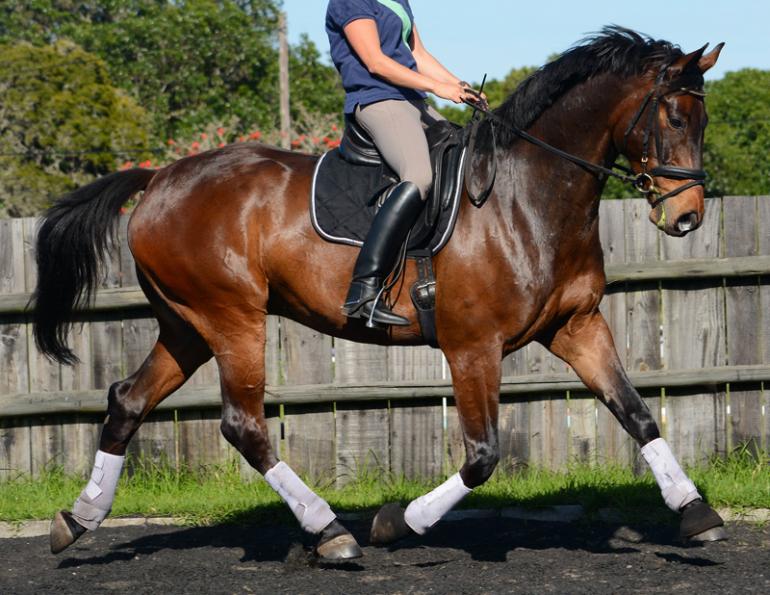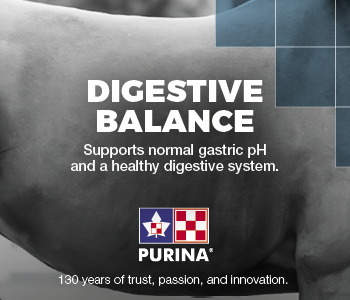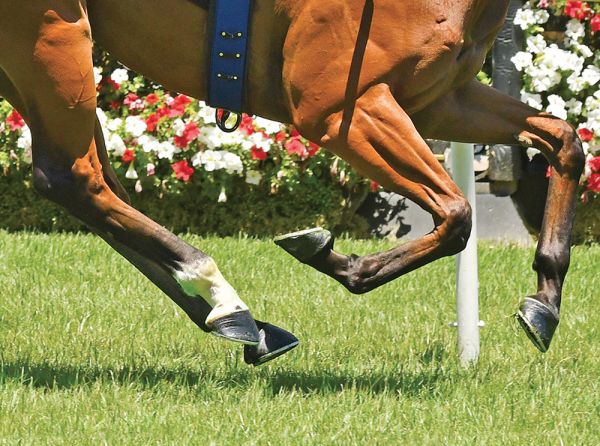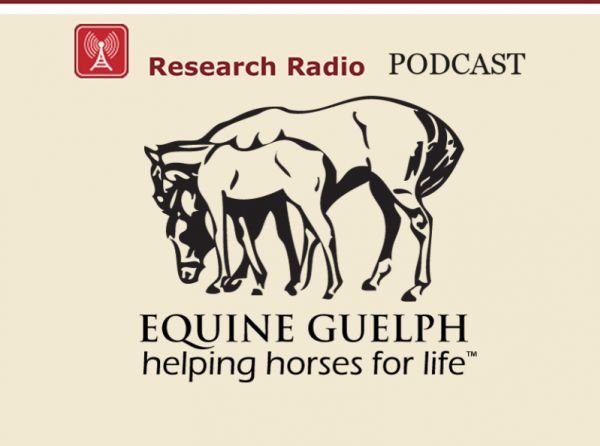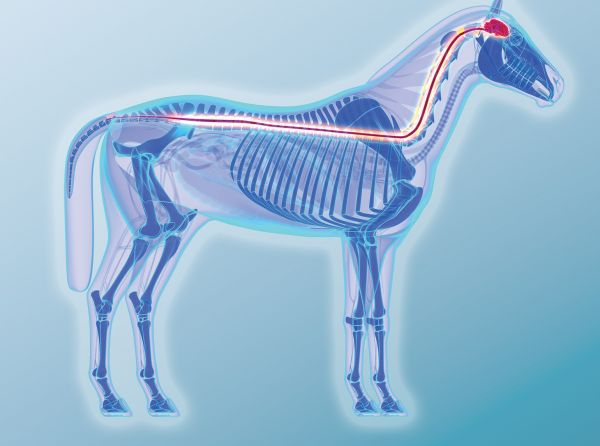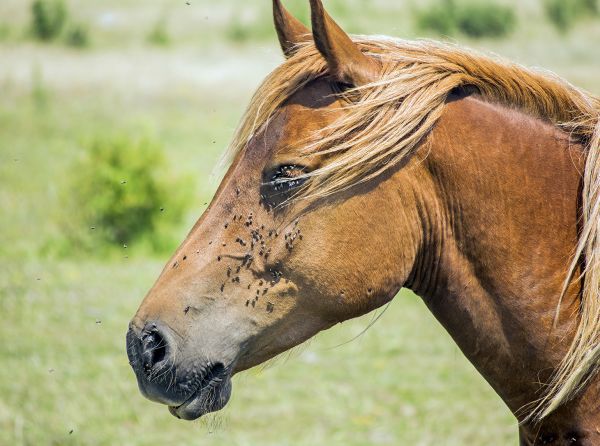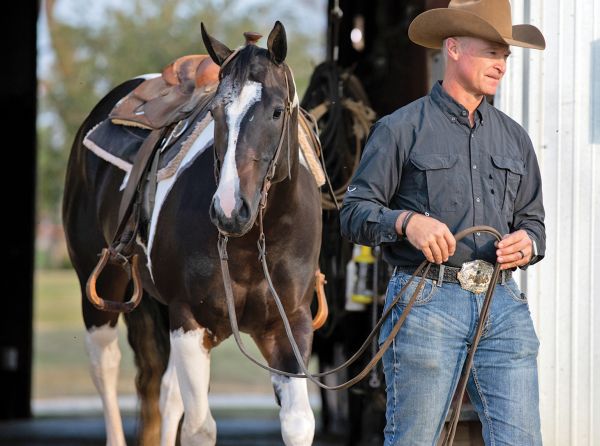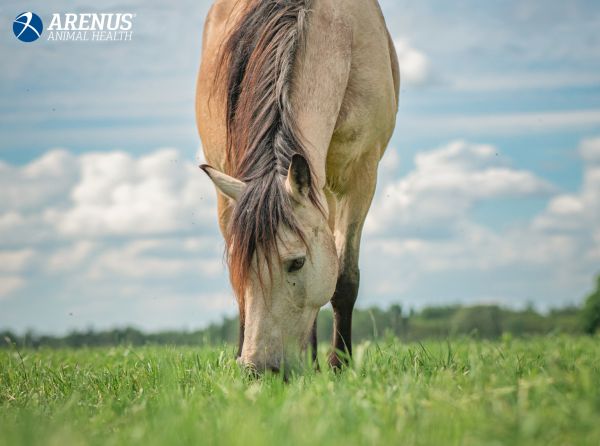By Christina Weese
“Shipping fever” is a common name for pleuropneumonia, a serious infection involving the lungs and pleural cavity (the space between the lungs and the chest wall) that’s often caused by the stress of travel.
When fluid is found only in the lungs, and not in the pleural cavity, it’s simply referred to as pneumonia.
Symptoms of pleuropneumonia include a foul nasal discharge and cough, lethargy, depression, loss of appetite and elevated temperature. If fluid is present in the lungs and chest, it can be very painful for the horse and he may be very reluctant to move. Symptoms can appear during, immediately after, or several days after transport.
Horses undergoing the stress of transport, especially those travelling long distances, are at risk of developing respiratory infections even under the best of travel conditions.
Here are some tips that can decrease the likelihood of your horse contracting shipping fever:
1. Allow your horse to reach his head down regularly during transport. That will help to encourage his nasal passages to drain.
2. Offer feed and water during transport or at regular breaks.
3. Ensure that long-distance travel includes regular breaks where your horse is unloaded and allowed to stretch and move about.
4. Use a low-dust bedding, and remove urine and manure at regular intervals.
5. Ensure that your trailer has adequate ventilation and air exchange during transport.
It’s also good practice to take your horse’s temperature before travelling as it’s possible he may have an existing respiratory infection that could be made worse by travel stress.
Treatment for pleuropneumonia includes long-term antibiotics, support for secondary symptoms and, when necessary, a chest drain to allow excess fluid to drain from the pleural cavity.
The earlier the infection is caught, the better chance a horse has for recovery. However, even in cases caught early and treated aggressively, recovery may take months. Many horses that experience serious pleuropneumonia will never return to their previous levels of athletic performance.
Main Article Photo: Christina Weese.- Chuckwagaon racehorse Devereux suffered from shipping fever after a lengthy trailer ride in the fall of 2012. He recovered after treatment at the WCVM Veterinary Medical Centre.
Reprinted with permission from the Western College of Veterinary Medicine's Equine Health Research Fund (www.ehrf.usask.ca).







